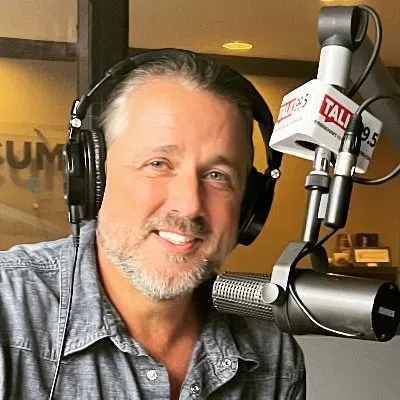House appropriators, frustrated by the Democrats’ government shutdown, reportedly remain optimistic they can work quickly to agree on the 12 spending bills for the fiscal year once Congress is up and running.
As the shutdown stretches into its fourth week — now the second-longest in U.S. history — senior lawmakers on both sides of the aisle are eager to resume their work on funding the government.
House Appropriations Committee Chairman Tom Cole, R-Okla., told the Washington Examiner that once the government reopens, Congress could move “very quickly” to finalize key portions of the budget.
“We’re pretty close,” Cole said in his Capitol Hill office. “We could literally wrap [the first three bills] up in about 48 hours.”
Those measures — agriculture, legislative branch, and military and veterans affairs — make up a minibus package already under negotiation with the Senate.
Cole said the remaining nine appropriations bills could be finalized by the end of December.
“If we were focused on our 12 bills, we would get to an agreement pretty quickly,” he added.
The House, currently on 48-hour notice to return, could soon vote on a new continuing resolution (CR) or begin talks on a longer-term deal.
Cole said discussions are underway on a possible stopgap that could extend funding through December or January.
Still, he acknowledged that “nobody likes getting jammed before the holidays,” suggesting some restlessness within GOP ranks about another short-term fix.
Lawmakers from both parties agree that relying on CRs is harmful.
“It’s damaging to Congress in general,” said Rep. Mike Simpson, R-Idaho, another senior appropriator. “We’re not doing our job. And we need to start doing it.”
Republicans argue that negotiations broke down because of Democrats’ insistence on attaching health care policy to funding talks — specifically, a permanent extension of Obamacare tax credits and reversal of Medicaid cuts enacted in President Donald Trump’s One Big Beautiful Bill Act.
“We’ve offered them: Let’s just keep the government open, just like it is now,” Cole said. “We’re not asking for anything new. Don’t punish the American people while we work out our disagreements.”
House Minority Leader Hakeem Jeffries, D-N.Y., countered that Republicans must “come to the table” to reach a “bipartisan spending agreement” before discussions can proceed. But Cole maintains the impasse stems from the Democrats’ leadership, not rank-and-file appropriators.
“My Democratic counterparts are very reasonable,” he said. “It’s the leadership that’s irrational.”
Despite partisan gridlock, Cole and ranking member Rosa DeLauro, D-Mass., have earned a reputation as an “odd couple” capable of bipartisan cooperation.
Cole emphasized that both sides share a determination to avoid a yearlong CR, which would freeze government spending levels.
“We all know it’s going to take a bipartisan coalition to pass these appropriations bills,” he said.
Meanwhile, Senate Republicans, led by Majority Leader John Thune, are privately exploring ways to address Democrats’ healthcare priorities once the government reopens, including potential compromises on Obamacare subsidies.
Publicly, however, the GOP remains united in demanding that Democrats first vote to reopen the government.
For now, both chambers are in limbo — waiting for the political stalemate to break so lawmakers can resume the tedious but vital work of funding the government.
Newsmax wires contributed to this report.
© 2025 Newsmax. All rights reserved.






